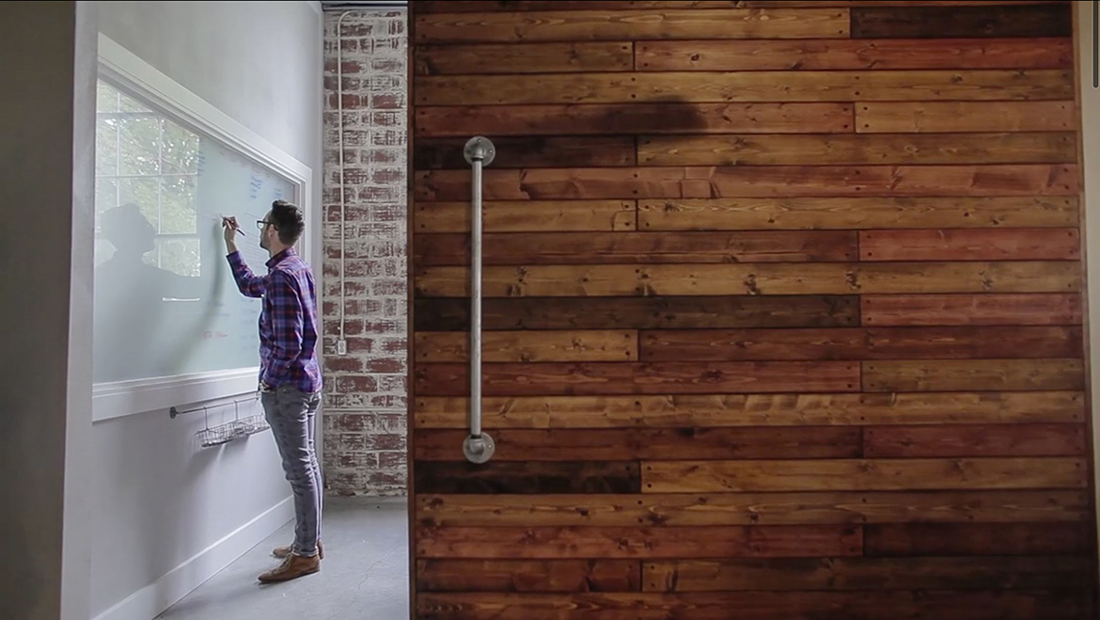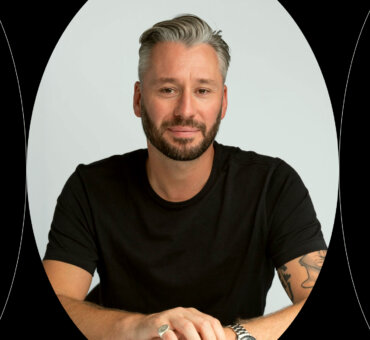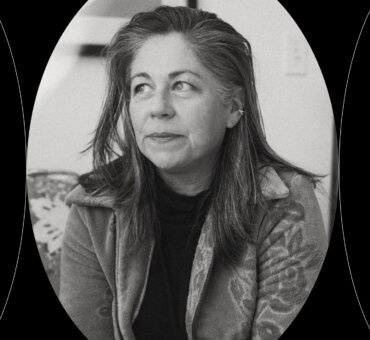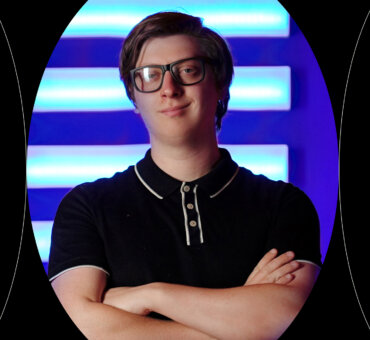Learning a craft is never easy, and there aren’t any shortcuts. As we’ve talked with filmmakers over the past few months, one question we always ask is “How did you learn how to do what you do?” Sometimes it feels like that’s the only question that really matters, and yet it’s usually the most difficult one to answer. While only some of the people we interviewed attended film school (and even fewer finished), all of these filmmakers are self-taught in their own way. Meaning, filmmaking is something they internalize—they’re constantly learning, discovering, and working it out for themselves. Just in time for the holidays, we’ve compiled a smorgasbord of insights into the benefits of a formal versus a not-so-formal film education. Salud!

Philip Bloom | Film School: None
My formal training was as formal as on-the-job training could be. That was it. I never went to any film school or took any course. I joined a [news] team and learned from other people. It was great—really great. I got to work with some really fantastic people and some really shit people. Working with shit people makes you better. You realize that’s not how it’s done. It was a fantastic learning experience. I learned to work really fast, which has been one of the most beneficial things for me.
Diego Contreras | Film School: None
I didn’t go to film school. I actually went to school for business. During my last year, I added a second major in creative advertising and ended up going in that direction because I thought it was so much fun. A lot of my learning has come from Vimeo—just going into people’s videos, reading comments, and seeing how they do it.
Dan DiFelice | Film School: None
I actually went to school for finance. My parents were like, “Get a degree you can use.” I’d get home from class, finish my homework, and then go do animations in After Effects and Photoshop and Illustrator. By my junior year, I had three years of side projects. I compiled a pretty crappy reel, and I started mass emailing it to companies.
I didn’t go to art school, and I didn’t end up with the art-school-type reel. A lot of people said I had a very unconventional reel, which was actually a good thing. I think art school kids tend to end up with a reel of very similar films, whereas all of my pieces were completely different. I honestly don’t know what the difference was, but multiple people have told me it was evident that I knew what I was doing and that I hadn’t been taught by a school or a structure. I was self-taught, which actually helped open up some doors.
Shane Hurlbut, ASC | Film School: Emerson College
Even after getting a formal film education, I think what I lacked was a lot of theory. When I was going to Emerson, it was all about getting your hands on everything. You know, getting out there, shooting film, developing it, doing the whole process. Looking back, I think I would have really enjoyed a lot of theory mixed in with the hands-on. The important thing is understanding why and not necessarily how, because the how changes every six months while the why doesn’t change. Why are you keeping a cool tonality? Why are you keeping a north light feel? The why is everything. Once you understand the why, then you can orchestrate the how.
Would I say film school is important? Absolutely. But is it important for becoming an amazing artist? No. It’s important for becoming a great human being. That’s what school gives you.
Preston Kanak | Film School: University of Regina
I went to film school in Canada, and narrative filmmaking was the direction I originally wanted to go with my career. The main reason I started my A Film a Day for a Year project was because I wasn’t getting what I’d hoped to get out of film school. I started doing this as a way to teach myself how to construct stories, whether it’s just a visual story or if there’s going to be dialogue in it. It allowed me to explore different techniques that I wouldn’t have had the opportunity to do otherwise. I experienced a huge evolution during this project, and I kind of fell into realizing what I like—my style, what I want to be doing. It was really a good way to guide me to where I am today.
Salomon Ligthelm | Film School: None
I studied audio engineering and then went to work for a church as an audio engineer. But it was a small church, and I was only busy during the weekends. I decided I was keen to explore video. I had all these libraries of sounds, and I would sit in my bedroom and listen to them. I started thinking that if I could put some pictures to the music, it could be quite interesting. It could be powerful.
I read books by [screenwriting instructor] Robert McKee. McKee’s Story was really helpful for me in trying to understand the structure of a good story. Then I read some really interesting books on directing actors (such as Changing Direction by Lenore DeKoven), and I even took a short course on directing actors just to increase my vocabulary. Hopefully, I’ll always be a student. I always want to feel like I’m slightly outside of my comfort zone just a little bit—just so I push myself to learn more.
Khalid Mohtaseb | Film School: New York Film Academy, Full Sail University
I’ve never been a fan of formal education, mainly because of the teachers and the curricula. Most of the time, the professors aren’t really artists, and they’re teaching for all the wrong reasons. It’s not hard to look at somebody and know that he’s bullshitting you. I think formal education works for some people. Some people need that push. In the film industry, there is a lot of procrastination—people who talk but don’t do. If you aren’t self-motivated, you’re not going to make it. One really great thing that I got out of film school was meeting people. But you’re going to have to go outside the conventional classroom to do it.
Full Sail University is an incredible school if you want to pursue cinematography, although I didn’t end up staying the entire time. I took a leave of absence after six months to work on a few commercials in New York City. Those commercials led to a lot more work until I finally got so busy shooting that I was like “Why would I go back?” I wanted the bachelor’s degree, but at the same time I was doing what I loved. And I was learning way more on set than I’d learned in school. I couldn’t make sense of it, so I ended up dropping out and shooting full time.
Eliot Rausch | Film School: None
When I got started, there was no film school background, no book I’d ever read, no thinking that a certain formula wins. It was always just what felt right. Now I’m constantly absorbing the details about the craft and strategy and plot structure, really breaking down film theory and the way story works. I love to have all of these inputs and absorb it all. But now, at the age of 32, I think what I’m after more than anything else is trying to forget what I’ve learned. There are a lot of formulas that win and a lot of structures that guarantee success, but they’re counterintuitive to some of my more successful films. My own formula is in my subconscious now. It’s a sounding board. But I’d like to be childlike again in the way I approach a story and just forget about any kind of formula that’s going to guarantee a win.

When I was 19, I left college to pursue a career as a designer. That career eventually lead to owning my own creative agency, which eventually lead to my starting Musicbed. So, is a formal education necessary? Of course not. But is it beneficial? No question. There are a ton of people on our team who graduated from great universities and their experience is absolutely invaluable to our company.
The question is — is it right for you?





















































































